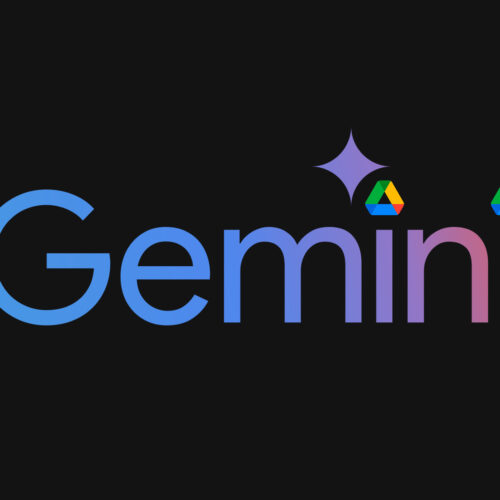Gemini in Google Drive may finally be useful now that it can analyze videos
Google's rapid adoption of AI has seen the Gemini "sparkle" icon become an omnipresent element in almost every Google product. It's there to summarize your email, add items to your calendar, and more—if you trust it to do those things. Gemini is also integrated with Google Drive, where it's gaining a new feature that could make it genuinely useful: Google's AI bot will soon be able to watch videos stored in your Drive so you don't have to.
Gemini is already accessible in Drive, with the ability to summarize documents or folders, gather and analyze data, and expand on the topics covered in your documents. Google says the next step is plugging videos into Gemini, saving you from wasting time scrubbing through a file just to find something of interest.
Using a chatbot to analyze and manipulate text doesn't always make sense—after all, it's not hard to skim an email or short document. It can take longer to interact with a chatbot, which might not add any useful insights. Video is different because watching is a linear process in which you are presented with information at the pace the video creator sets. You can change playback speed or rewind to catch something you missed, but that's more arduous than reading something at your own pace. So Gemini's video support in Drive could save you real time.





















